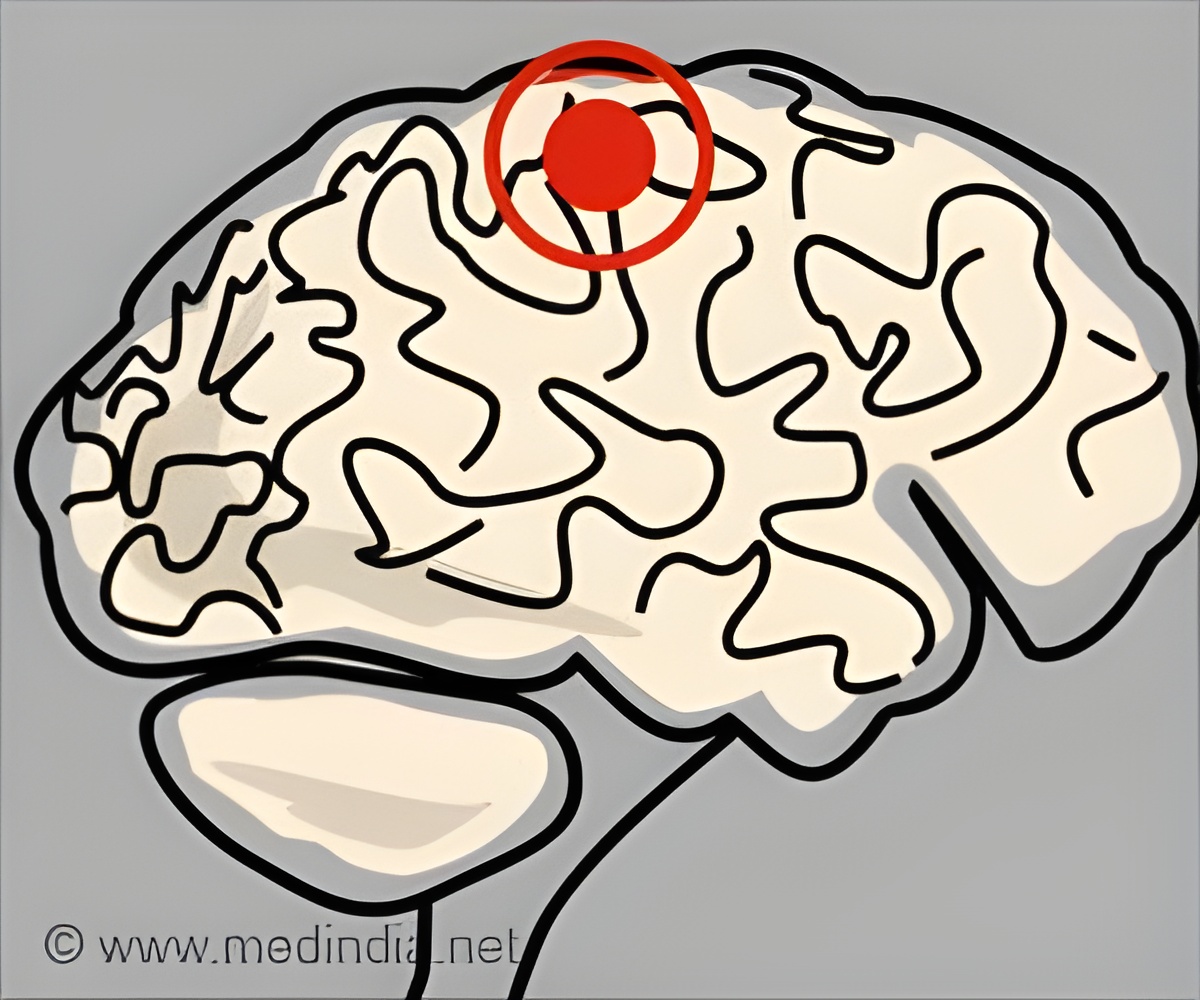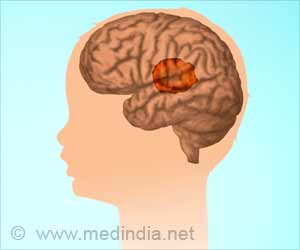In women, increased doses of hormonal medications can boost the risk of meningioma (the most common benign brain tumor).

‘Cyproterone acetate is a steroid used in combination with ethinyl oestradiol to treat women with severe acne. But recent studies showed high doses of the widely-used drug could raise the risk of brain tumors by seven-fold.’





Meningioma is mostly a non-cancerous brain tumor arising in the layers of tissue (meninges) that surround and protect the brain and spinal cord. Although the majority of meningiomas are benign, these tumors can grow slowly until they are very large, if left undiscovered, and, in some locations, can be severely disabling and life-threatening. The fluctuations in meningioma growth during the menstrual cycle, pregnancy, and breastfeeding are well-documented. These tumors have hormonal receptors in certain meningiomas located at the base of the skull.
"There is also an association between the growth of meningiomas and hormonal treatments, particularly prolonged and high dose use of the drug cyproterone acetate (CPA)," said Dr. Nagesh Chandra, Senior Consultant and HOD, Neurosurgery and Spine Surgery, Aakash Healthcare.
"The higher the dose, and the longer the drug is taken for, the greater the risk of meningioma," he added.
Hormone Therapy and Brain Tumors
In men, it is used to treat inoperable prostate cancer, while in women, it is used for conditions such as severe acne and excessive hair growth. Small doses are also used in birth control pills and hormone replacement therapy.Advertisement
"When hormone medicine doses are high, and therapy is prolonged, the chances of meningioma formation increase. Meningioma develops in the tissues that surround and protect the brain and spinal cord (meninges). However, the risk decreases significantly after the treatment is discontinued," said Dr Arun Sharma, Consultant, Neurosurgeon, Indian Spinal Injuries Centre.
Advertisement
However, it has been seen that the risk of meningioma decreases noticeably after hormonal therapy is stopped. Therefore, it's essential that people who use high dose cyproterone acetate for at least three to five years should be informed about the increased risk of meningioma by their doctor.
Meningioma symptoms include changes in vision, hearing loss or ringing in the ears, loss of smell, headaches, memory loss, seizures, or weakness in arms and legs.
If a patient is diagnosed with meningioma, treatment with cyproterone medicines must be stopped permanently, according to recommendations from the European Medicines Agency as well as the UK Health Security Agency. The agencies recommend women to take only daily doses of 10 mg. In men, cyproterone medicines should only be used to reduce sex drive in sexual deviations when other options for treatment are not suitable.
"The doctor should clearly define the reasons for prescribing cyproterone acetate. It should be prescribed with the lowest possible daily dose to avoid the development of tumors in the body. When prolonged use of high dose cyproterone acetate is necessary, more thorough screening should be considered, and in patients with a documented meningioma, cyproterone acetate should be discontinued," Sharma noted.
Source-IANS















